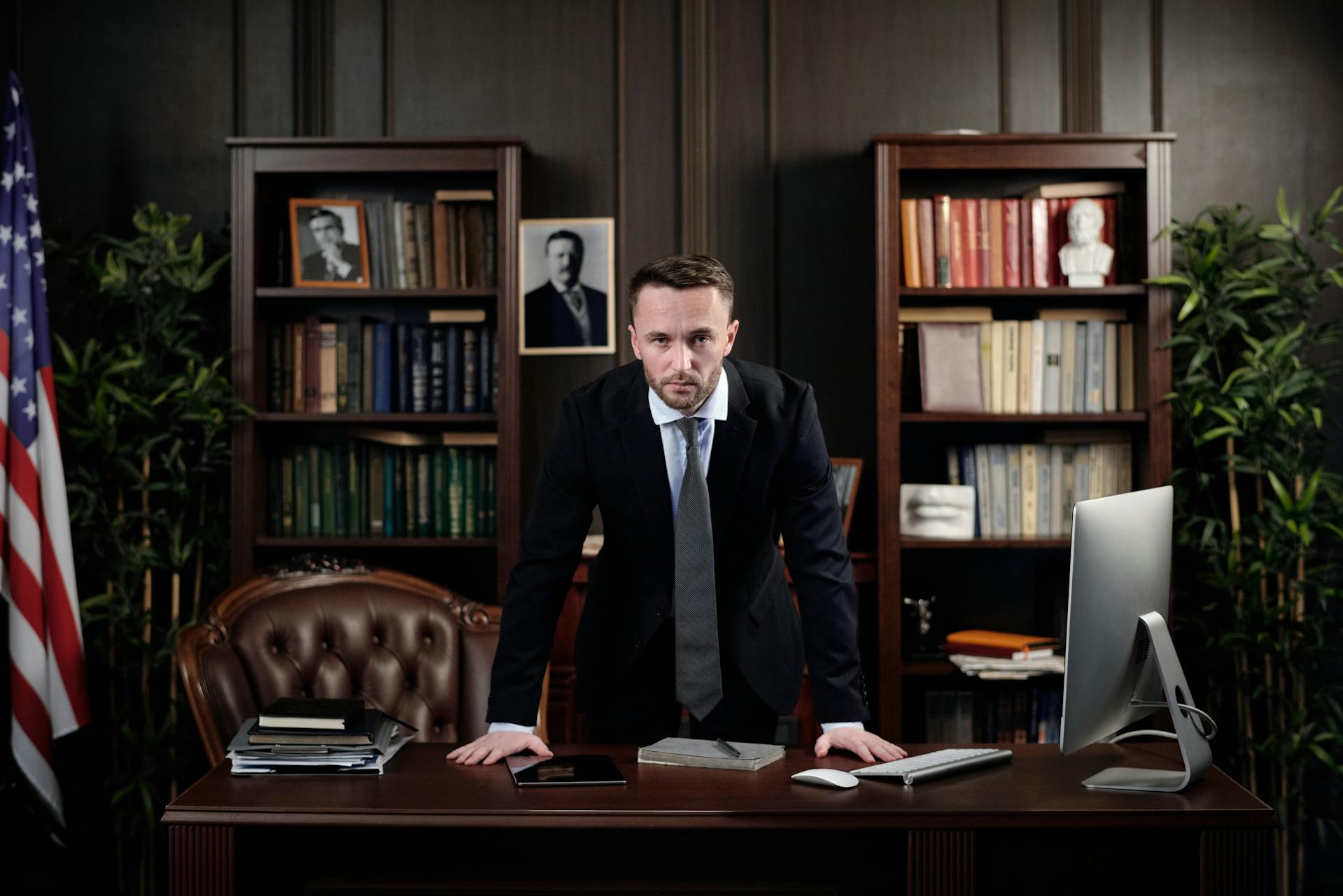In the complex world of mass tort litigation, expert witnesses play a pivotal role in shaping the outcome of cases. These individuals possess specialized knowledge, skills, and experience in various fields relevant to the case, providing valuable insights and opinions that help attorneys, judges, and juries understand complex scientific, medical, and technical issues. In this blog post, we’ll explore the critical role of expert witnesses in mass tort cases and how their testimony can influence the outcome of litigation.
1. Providing Specialized Knowledge and Expertise:
Expert witnesses bring a wealth of specialized knowledge and expertise to mass tort cases, covering a wide range of disciplines such as medicine, engineering, toxicology, environmental science, economics, and more. Their expertise allows them to analyze complex data, evaluate scientific research, and provide informed opinions on issues central to the case.
2. Clarifying Complex Scientific and Technical Issues:
Mass tort cases often involve complex scientific and technical issues that are difficult for laypeople to understand. Expert witnesses help simplify these complexities by providing clear explanations, breaking down technical jargon, and translating scientific research into language that judges and juries can comprehend. Their testimony helps jurors make informed decisions based on a thorough understanding of the evidence presented.
3. Assessing Causation and Liability:
One of the primary roles of expert witnesses in mass tort cases is to assess causation and liability. These experts analyze the available evidence, conduct research, and draw conclusions about whether the defendant’s actions or products caused harm to the plaintiffs. Their opinions on causation are often central to the plaintiff’s case and can significantly impact the outcome of litigation.
4. Evaluating Damages and Losses:
Expert witnesses also play a crucial role in evaluating damages and losses suffered by plaintiffs in mass tort cases. Economic experts, for example, may calculate the financial impact of injuries, including medical expenses, lost wages, and future earning capacity. Other experts may assess non-economic damages such as pain and suffering, emotional distress, and loss of consortium.
5. Testifying in Court Proceedings:
Expert witnesses are typically called upon to testify during court proceedings, including depositions, hearings, and trials. Their testimony is based on their expertise and analysis of the case’s facts and evidence. Expert witnesses must be able to communicate effectively, withstand cross-examination by opposing counsel, and persuade judges and juries of the validity of their opinions.
6. Educating Judges and Juries:
In addition to providing testimony, expert witnesses play an educational role in mass tort cases, helping judges and juries understand complex issues and scientific concepts. Through clear and compelling testimony, expert witnesses can influence the perceptions and decisions of judges and jurors, ultimately shaping the outcome of the case.
7. Assisting Attorneys with Case Preparation:
Expert witnesses collaborate closely with attorneys throughout the litigation process, providing guidance, analysis, and strategic advice. They assist attorneys with case preparation, including developing legal strategies, preparing witnesses for deposition and trial testimony, and conducting pre-trial research and analysis.
Conclusion:
In mass tort litigation, expert witnesses are indispensable allies, providing invaluable knowledge, analysis, and testimony that can make or break a case. Their specialized expertise, clear communication, and persuasive testimony help judges and juries understand complex issues, assess causation and liability, and determine appropriate damages. By leveraging the expertise of expert witnesses, attorneys can build strong, compelling cases that maximize the chances of success for their clients in mass tort litigation.



